With less than three months left, Concord Casino hasn’t found a buyer
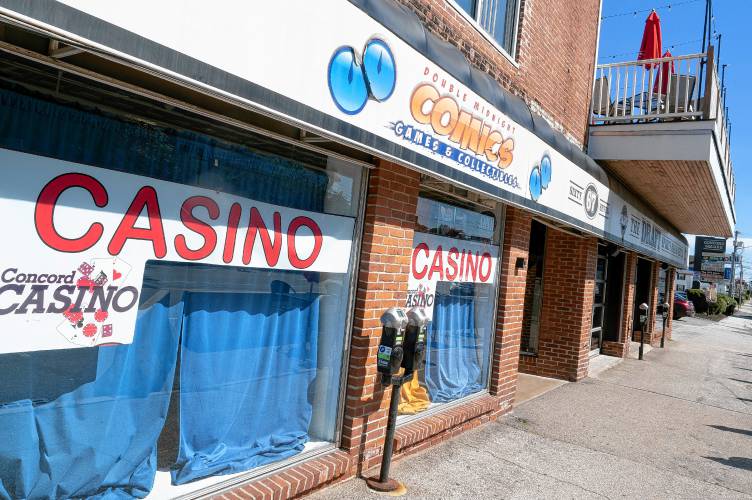
Laurie and Andy Sanborn own The Draft Sports Bar and Grill and Concord Casino located on South Main Street in Concord, New Hampshire. GEOFF FORESTER
| Published: 04-16-2024 4:18 PM |
At the start of the year, Concord Casino was ordered to close its doors and sell the business within six months, but, so far, no buyers have stepped forward to acquire the establishment.
“There’s been no change in the status of the Concord facility,” confirmed Charlie McIntyre, executive director at New Hampshire Lottery at Monday’s gaming commission meeting. “There has been no sale.”
In a ruling issued in December, Andy Sanborn, the owner and operator of the casino located at 67 South Main St., was ordered to close the gaming establishment and complete its sale within six months, beginning Jan. 1 or risk a two-year license revocation.
Currently, Sanborn’s facility and game operator employer licenses are suspended until a sale to a buyer approved by the New Hampshire Lottery Commission is completed.
Sanborn’s legal troubles started when a joint investigation by the Attorney General’s office and the New Hampshire Lottery Commission found that he had fraudulently applied for and received $844,000 in pandemic relief funds, which were intended for struggling small businesses. The investigation found Sanborn, a former state senator, “unsuitable” for charity gaming.
Casinos were explicitly excluded from receiving financial assistance. Sanborn managed to sidestep this restriction by masking the registered trade name “Concord Casino” on his application by utilizing the name “Win Win Win LLC” instead and categorized the business activity as “miscellaneous,” according to a report by the Attorney General’s Office and the Lottery Commission.
His lawyers later argued the company was a charity gaming consulting business.
“The misrepresentations on the (COVID) application and the subsequent use of the proceeds for expenditures not allowed by that loan constitute conduct by the licensee that undermines the public confidence in charitable gaming,” Michael King, an independent hearing examiner, wrote in his nine-page ruling.
Article continues after...
Yesterday's Most Read Articles
 Hometown Heroes: Couple’s sunflower fields in Concord reconnects the community to farming
Hometown Heroes: Couple’s sunflower fields in Concord reconnects the community to farming
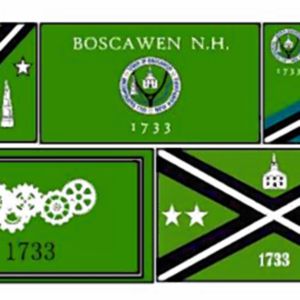 Boscawen resident takes issue with proposed town flag designs
Boscawen resident takes issue with proposed town flag designs
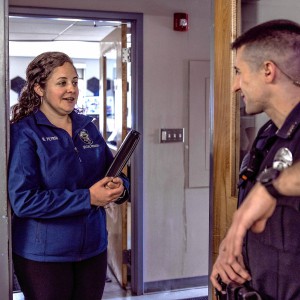 Skepticism turns to enthusiasm: Concord Police welcome new social worker
Skepticism turns to enthusiasm: Concord Police welcome new social worker
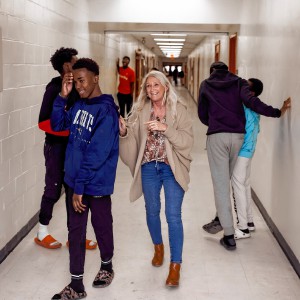 With new plan for multi-language learners, Concord School District shifts support for New American students
With new plan for multi-language learners, Concord School District shifts support for New American students
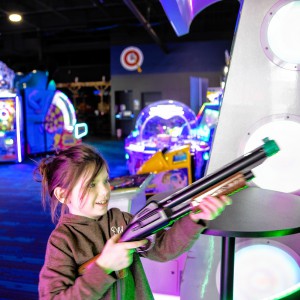 With Concord down to one movie theater, is there a future to cinema-going?
With Concord down to one movie theater, is there a future to cinema-going?
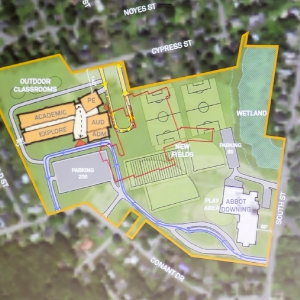 Opinion: The Concord School Board can restore trust with residents
Opinion: The Concord School Board can restore trust with residents
The ruling also makes note that if a sale is pending at the end of six months, which is July 1, Sanborn can apply for a 3-month extension to complete the sale.
With Concord Casino shut down, almost 35 charities have lost their donations, said Patrick Abrami, chair of the commission.
While discussing whether the revenue split from historical horse racing machines is reasonable, and still trying to wrap their heads around the complexities of the state’s charitable gaming model, commission members had questions about the transfer of business ownership when Concord Casino was mentioned.
John Conforti, the Lottery Commission’s chief compliance officer said that even with a partial change in ownership, the Commission has the authority to conduct a suitability review and determine if the change complies with its rules.
“Any material transfer essentially triggers a new review as if it were a new application,” said Conforti. “I will say that we set the automatic threshold at 10% but we need to be told of every transfer. The 10% is just a default rule but we can certainly look beyond that if there are concerns.”
So, any individual or group that would like to purchase Concord Casino will have to go through a suitability review that would include a review of criminal, gaming and financial background. That would be submitted to the Department of Justice. The department will conduct its own review and a decision will be made.
Even if Sanborn’s suspension is lifted, he would have to go through a suitability review again.
With the commission’s deadline for recommendations set in November, ensuring that all charities receive donations that are relatively consistent in magnitude is also on the commission’s agenda.
Charities partnered with smaller casinos like the Lakes Region casino in Bethlehem receive around $20,000 during their slot, while charities partnered with larger casinos like the Brook, easily receive at least $100,000 in donations.
Typically, each charity is on a 10-day rotating schedule with a casino. Of the casino’s revenue made during that period, 35% is allocated to charities as mandated by state law.
“We have to try to come up with something that will not stop the growth in what a charity gets but slow it down a little bit,” Abrami said, suggesting reducing the game dates to seven. “It’s going to hurt some of the charities that are getting $120,000 a year consistently.”
Other commission members believe it’s premature to impose a cap on the game dates until they’ve fully engaged with consultants from Spectrum, selected through a request for proposals, to assess New Hampshire against other states in the marketplace.
“I’d encourage the gaming rooms to move the seven days a week to be able to get to more charities in New Hampshire so more charities have opportunities,” said Sen. Timothy Lang. “I don’t know that we should legislate it yet again because I think we’re building a plane in the air.”


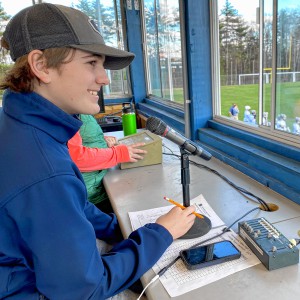 Voice of the Pride: Merrimack Valley sophomore Nick Gelinas never misses a game
Voice of the Pride: Merrimack Valley sophomore Nick Gelinas never misses a game Kearsarge Middle School drone team headed to West Virginia competition
Kearsarge Middle School drone team headed to West Virginia competition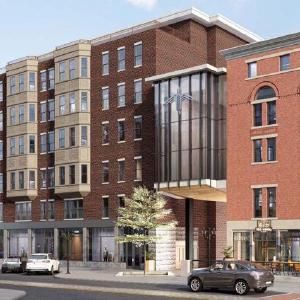 Phenix Hall, Christ the King food pantry, rail trail on Concord planning board’s agenda
Phenix Hall, Christ the King food pantry, rail trail on Concord planning board’s agenda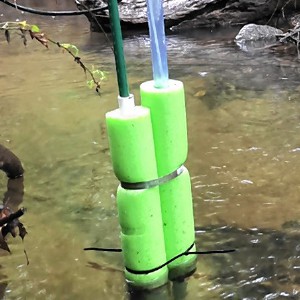 Granite Geek: Forest streams are so pretty; too bad they’re such a pain to measure
Granite Geek: Forest streams are so pretty; too bad they’re such a pain to measure
